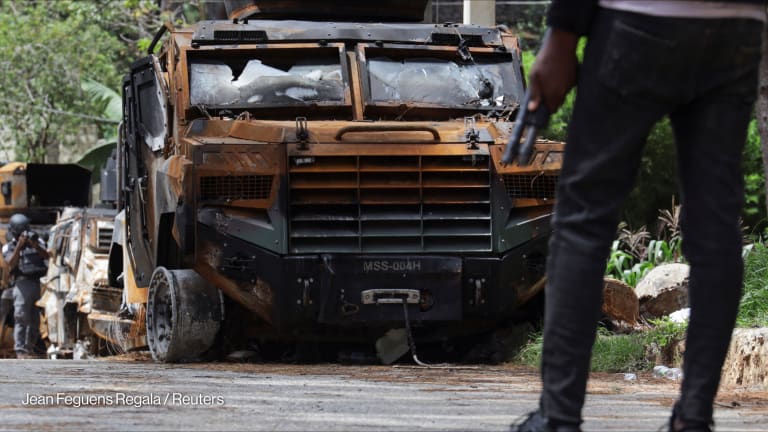
How can the U.S. help the peace process in Sudan in terms of humanitarian and development assistance? Through continued engagement in the country and showing leadership in international efforts to boost the peace process, experts who attended a Senate Foreign Relations Committee panel’s hearing on the challenges and opportunities for peace in Sudan suggested.
One of the major concerns of non-governmental organizations and stakeholders in the Sudan peace process is if the world would remain engaged in the country beyond Southern Sudan’s independence referendum in January 2011, the experts noted. Through the referendum, Southern Sudan will vote on whether or not it would remain a part of Sudan. The vote is part of a 2005 agreement between the Sudan People’s Liberation Army/Movement and the Khartoum central government.
As one of the agreement’s guarantor, the U.S. is uniquely positioned to support and help provide leadership to people in Sudan in the months leading to the referendum and after, experts said during the Senate hearing.
Recommendations forwarded by the experts, who came from think tanks and NGOs, include improving the delivery of aid in Sudan, enhancing the security situation to facilitate humanitarian operations, increasing coordination among the U.N. and other international organizations that are also engaged in Sudan, and supporting international pressure to promote peace in the country.
“An important step is to improve the delivery of aid,” according to Anne Richard, the vice president for government relations and advocacy of the International Rescue Committee.
Richard explained that the aid situation in Southern Sudan represents a broader challenge present in several other countries where there is confusion on whether aid should focus on humanitarian or development operations. Donors such as the U.S. should recognize that there is a need for both, Richard said.
The IRC official said the U.S. should continue bilateral funding to Southern Sudan, support capacity-building efforts for the province’s military and police units and increase humanitarian access to remote villages by helping restore some 75 bush airstrips classified as “no-go” by the World Food Program in 2009.
Katherine Almquist, a senior fellow at the Washington-based Africa Center for Strategic Studies, also pushed for continued bilateral funding.
“The least costly and most effective option for the United States would be to re-double bilateral and multilateral diplomatic action to provide pressure as well as incentives for the parties to honor their commitment to the CPA, which has provided peace—however temporary—between north and south for the first time in twenty-two years and now needs to be consolidated through a credible referendum process,” Almquist said during her testimony.
Meanwhile, a proposal to train Southern Sudan’s police and military units was also forwarded by Alison Giffen of the Henry Stimson Center. The deputy director of the Future of Peace Operations Program at the think tank said the state’s police and military should be trained in humanitarian law, civil law, and human rights law.
The experts urged the U.S. to provide leadership in enhancing security in Southern Sudan, especially for refugees and aid workers.
Security is among the fundamental things that NGOs need to function in Sudan, according to Richard, who explained that food distribution, health care delivery and other aid programs cannot take place without security.
Giffen added that security on the ground is critical to allow donors and aid organizations to keep track of what is happening in the state, especially in Darfur.
Meanwhile, David Mozersky of Humanity United said that among the things the U.S. can do is to lead long-term efforts after the referendum. These efforts could include calls for another round of multiparty elections, creation of a demilitarized zone to be monitored by the U.S. and promotion of an inclusive and consultative constitution development process in the North and South Sudan.
“The United States should insist that the UN be allowed to conduct a humanitarian needs assessment, so we can better reduce current suffering and continue to work for a long-term solution,” Mozersky added.








